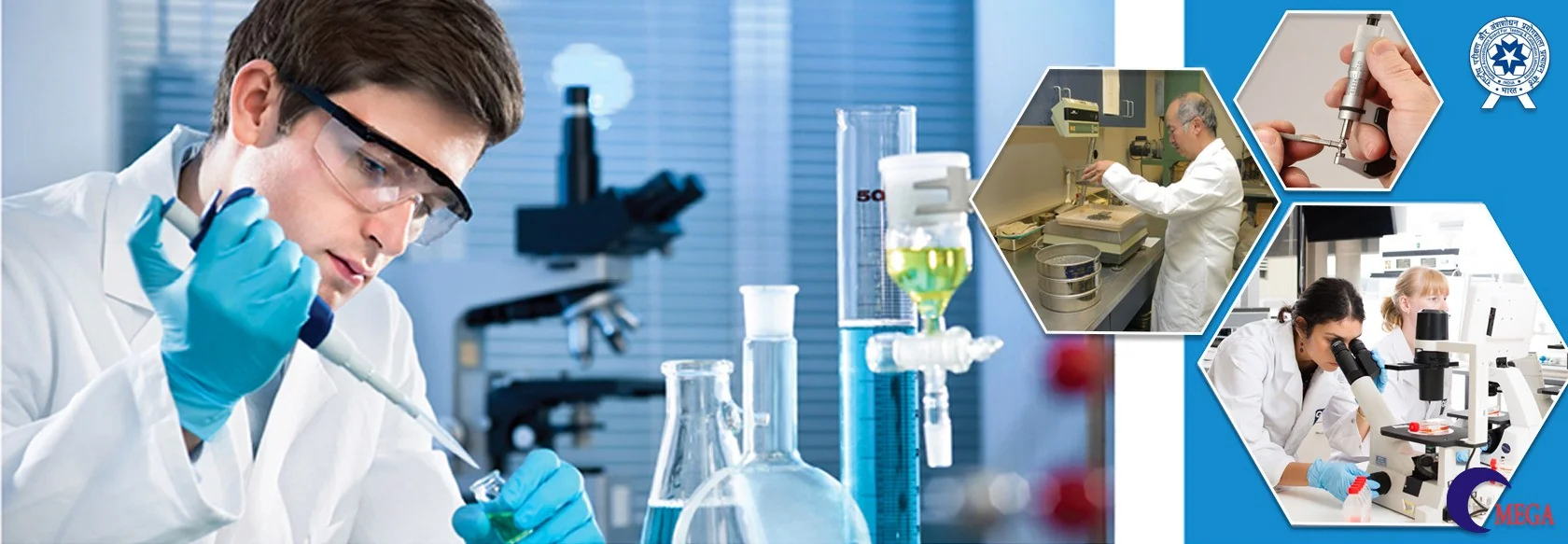BIS Laboratory Recognition Scheme (LRS)

"Remember – The Next Inspector is The Customer"
Committed to Quality, Committed to Excellence!
BIS grants recognition to laboratories in India under its Laboratory Recognition Scheme (LRS), which is governed by the provisions under the BIS Act, 2016 and the BIS Rules, 2018. The recognized laboratories have the unique advantage of being considered for carrying out testing of the Standard (ISI) Marked samples by BIS as well as by the prospective applicants and the existing licensees of BIS for the purpose of conformity assessment against relevant Indian Standards.
We help entrepreneurs to set-up laboratories, arrange for their accreditation against ISO/IEC 17025 from the NABL and facilitate BIS recognition of such accredited laboratories in India. We are the guiding force in accreditation and BIS recognition of a large number of laboratories in various scope sectors. We provide customized services for recognition under the LRS of BIS.
About BIS Laboratory Recognition Scheme
The BIS Laboratory Recognition Scheme (LRS) provides recognition to laboratories for testing products under BIS certification schemes. Recognized laboratories can conduct testing for BIS product certification.
NABL Accreditation
National Accreditation Board for Testing and Calibration Laboratories (NABL), a Constituent Board of the Quality Council of India, has been established with the objective of providing Government, Industry Associations and Industry with a scheme of accreditation of Conformity Assessment Body.
Our Services
- Help entrepreneurs set up laboratories in India
- Arrange accreditation against ISO/IEC 17025 from NABL
- Facilitate BIS recognition of accredited laboratories
- Guidance for laboratory scope and capabilities
Our Achievement
We are the guiding force in accreditation and recognition of a large number of laboratories in various scope sectors in India.